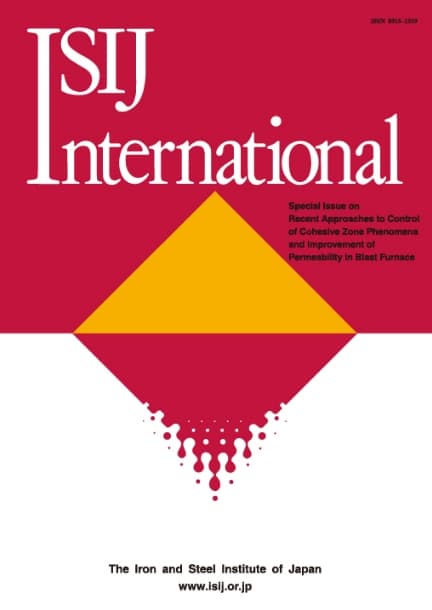The Swirl Motion of Vertical Bubbling Jet in a Cylindrical Vessel
Manabu Iguchi, Seiji Hosohara, Toshiyuki Koga, Ryusuke Yamaguchi, Zen-ichiro Morita
pp. 1037-1044
Abstract
Swirl motions of a bubbling jet in a cylindrical bath with centric bottom gas injection were investigated. The swirl motions were classified into two kinds. One was observed when the bath depth HL was nearly equal to the bath diameter D or less than that, while the other occurred for HL/D≥2. These two kinds of swirl motions were named the first kind and the second kind, respectively. For the first kind of swirl motion, which was caused by internal forced oscillation due to quasi-periodical bubble formation, empirical correlations describing its initiation and cessation were proposed. The swirl period almost agreed with the period of rotary sloshing. On the other hand, the second kind of swirl motion was caused by the instability of a large scale ring vortex enclosing the bubbling jet. Empirical correlations for the initiation of swirl motion and the swirl period were derived.
Readers Who Read This Article Also Read
ISIJ International Vol.37(1997), No.12
ISIJ International Vol.38(1998), No.9
ISIJ International Vol.36(1996), No.5










